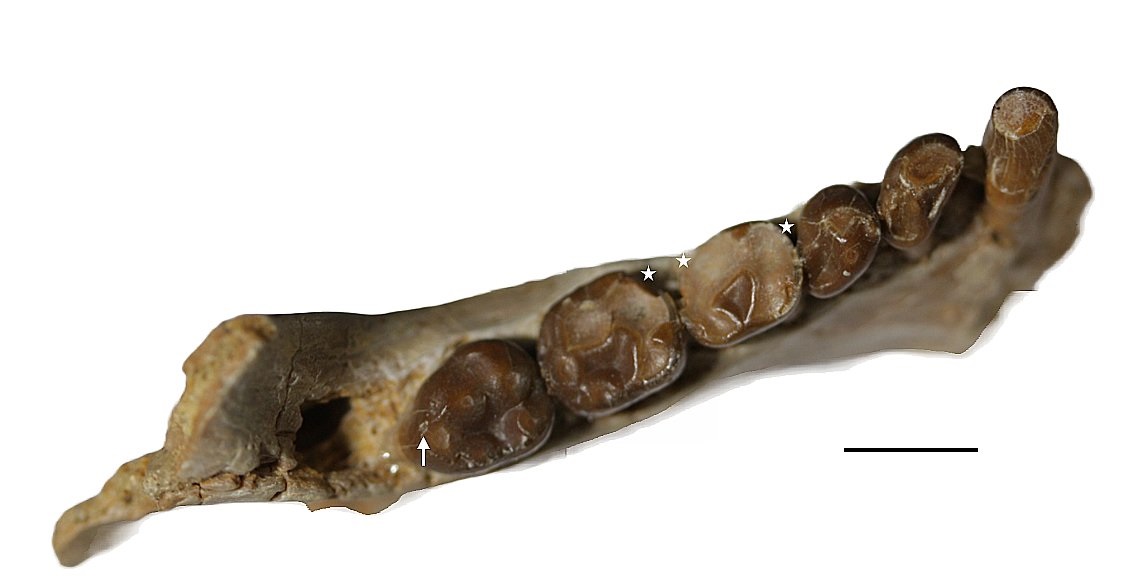What did early primates munch on to keep themselves nourished? It’s likely that their foods of choice were soft, probably including sweet fruits, says a new study on their teeth from researchers at the University of Otago, New Zealand, and Duke University, USA.
The researchers looked at fossil teeth of anthropoids – an infraorder of primates, the name meaning “resembling a human being” – from the Eocene and Oligocene periods, ranging from 35 to 29.2 million years old. The fossils were from the Fayum Depression in Egypt, close to the Nile, from which at least 21 primate genera have been described.
“The Fayum fossil record captures the critical moment when our lineage adapted to this drier, cooler world, apparently fueling themselves with fruit,” said study author Dr Matthew R. Borths, of the Duke Lemur Center Museum of Natural History at Duke University, in a press release sent to IFLScience.
The teeth came from five genera: 100 from Aegyptopithecus, 72 from Parapithecus, 99 from Propliopithecus, 82 from Apidium, and 68 from Catopithecus.
These fossil teeth were examined for chips and caries (aka cavities). “Close attention was paid to the frequency, severity, and location of dental chips. We were also interested in the presence of dental caries, often linked to the consumption of soft fruits in modern primates,” said lead author Dr Ian Towle, of Otago’s Sir John Walsh Research Institute in the Faculty of Dentistry.
The researchers hypothesized that either these anthropoids would display chipping much like current primates that feed on hard foods if they had a similarly crunchy diet, or would have less chipping and also develop caries if they ate soft, sugary fruits. Of the 421 teeth studied, only 21 were chipped, and most of these fractures were small.

A specimen of the species Propliopithecus chirobates, with a white arrow pointing to a chip that likely happened while the animal was alive, and white stars indicating damage after death.
Image courtesy of Ian Towle
Three potential caries, identified by their texture, position, and shape, were found in two Propliopithecus specimens. This finding hints that this genus had a “potential preference for ripe, sugary fruits,” write the authors in the paper.
The authors also say these results imply these primates lived in the trees and didn’t forage on the ground too much, explaining that “Extant primates that forage on the ground have an increased likelihood of grit being accidentally ingested, leading to higher chipping prevalence.”
“Our findings indicate a predominant consumption of soft fruits among early anthropoids. The low prevalence of tooth chipping, particularly in comparison to modern anthropoids, hints at a preference for soft food sources, like ripe, sugary fruits,” said Towle.
“These insights into ancient primate diets provide crucial groundwork for understanding the evolutionary trajectories of our primate ancestors.”
The study is published in the American Journal of Biological Anthropology.
Source Link: Early Primates' Favorite Snacks Were Probably Soft And Sweet